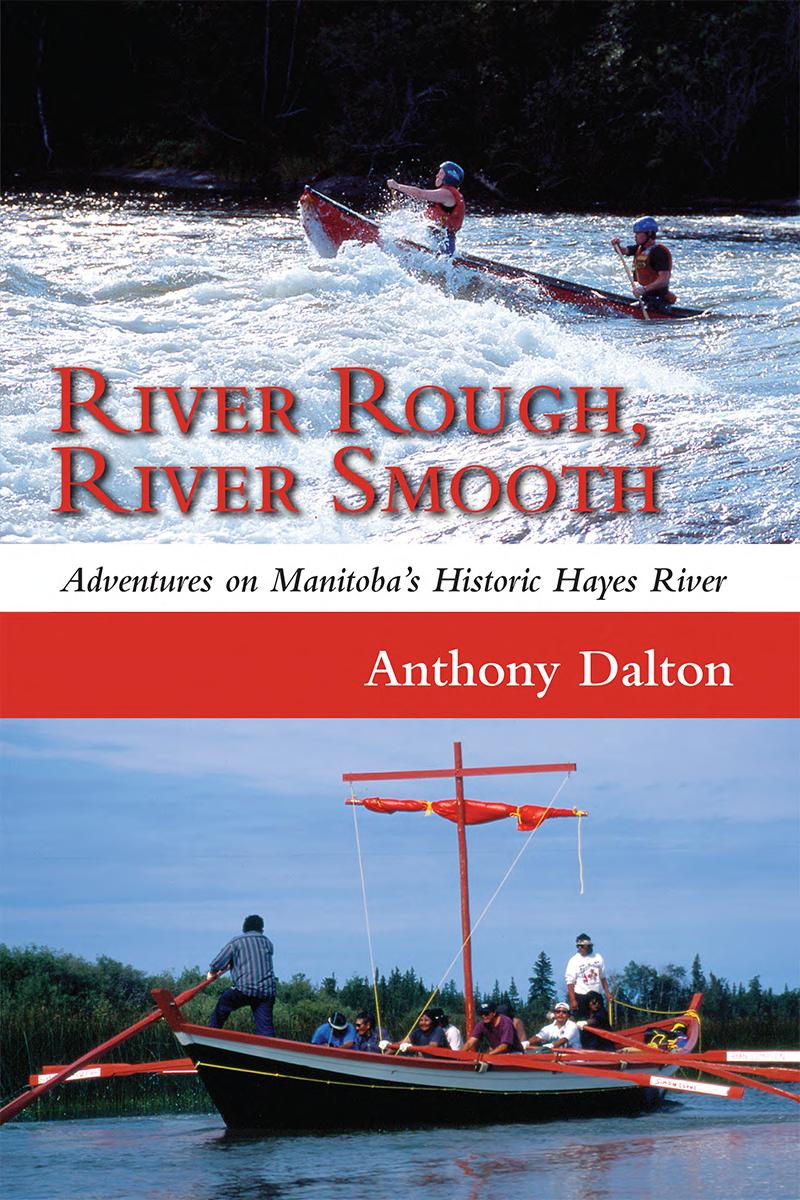

Most ebook files are in PDF format, so you can easily read them using various software such as Foxit Reader or directly on the Google Chrome browser.
Some ebook files are released by publishers in other formats such as .awz, .mobi, .epub, .fb2, etc. You may need to install specific software to read these formats on mobile/PC, such as Calibre.
Please read the tutorial at this link: https://ebookbell.com/faq
We offer FREE conversion to the popular formats you request; however, this may take some time. Therefore, right after payment, please email us, and we will try to provide the service as quickly as possible.
For some exceptional file formats or broken links (if any), please refrain from opening any disputes. Instead, email us first, and we will try to assist within a maximum of 6 hours.
EbookBell Team

0.0
0 reviewsManitoba's Hayes River runs over six hundred kilometres from near Norway House to Hudson Bay. On its rush to the sea, the Hayes races over forty-five rapids and waterfalls as it drops down from the Precambrian Shileld to the Hudson Bay Lowlands. This great waterway, the largest naturally flowing river in Manitoba, served as the highway for settlers bound for the Red River colony, ferrying their worldly goods in York boats and canoes, struggling against the mighty currents.
Traditionally used for transport and hunting by the indiginenous Cree, the Hayes became a major fur trade route in the seventeenth to nineteenth centuries, being explored by such luminaries (Pierre Radisson (1682), Henry Kelsey (1690) David Thompson (1784), Sir John Franklin (1819), and J.B. Tyrrell (1892). This is the account of the author's invitational journey on the Hayes from Norway House to Oxford House by traditional York boat with a crew of First Nation Cree, and later, from Oxford House to York Factory by canoe in the company of other intrepid canoeists -- modern-day voyageurs reliving the past.